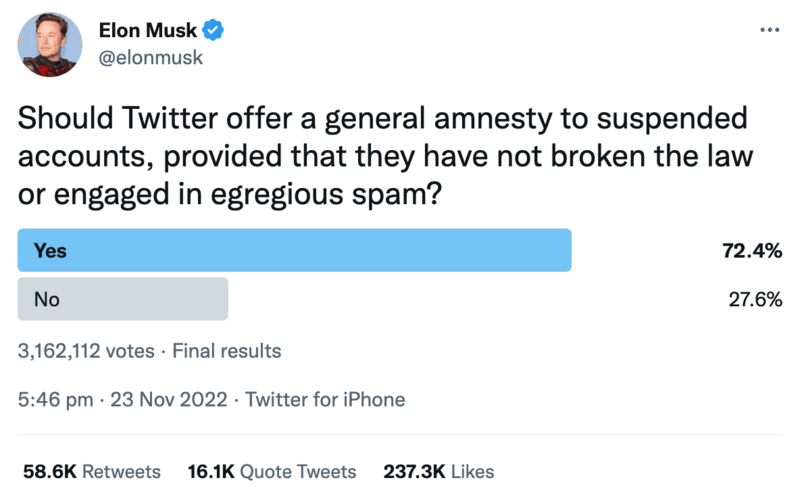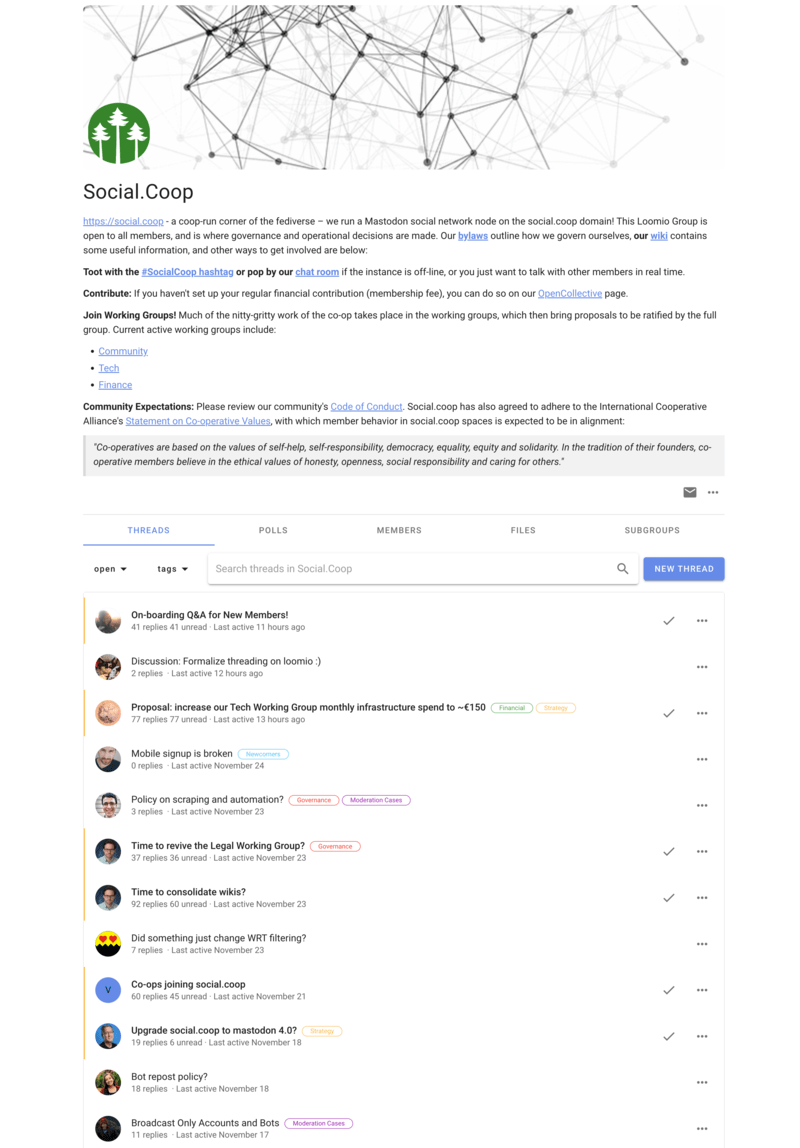Unlearning behaviours
This post is about three behaviours I’ve tried to unlearn over the last decade or so. I’ve used social media in my examples because it’s something which will be familiar to most people.
If I discussed particular situations I’ve witnessed at in-person events, or experiences I’ve had as a parent, these wouldn’t necessarily resonate with everyone reading this. To be clear, though, my aim in writing this post isn’t focused only on behaviours around social networks.

Let’s talk about safety. I remember some work done at a school I worked in back when the UK had an influx of Polish migrants. The pupils, who were still learning English, were shown a map of the school and asked to place stickers with different expressions. We were not expecting them to put the ones for ‘fear’ where they did. The reason it was surprising to us was because our lived experience and mental models as teachers was so different to theirs.
Safety is a complex thing, especially in the digital age. I can sit here typing on my laptop and be completely physically safe while feeling psychologically unsafe. It’s not hard to find examples: a former England footballer was scared to leave their home recently after social media comments by an influential figure. We live in a world mediated and controlled by language, so what we say — and allow others to say — matters.
Connected to that is unsolicited feedback or advice. This is a particularly difficult one to unlearn, especially as I’ve been brought up to try and be helpful. If someone is sharing in a private conversation or a social media post about something they’re struggling with, are they actually asking for help? Or are they just venting?
I’ve learned to check; it’s easier and less awkward than you’d think. “Sorry to hear that. Are you just venting or are you open to suggestions that have worked in my experience?” is something I’ve asked on social media. I’ve received a range of responses, and at least 50% of the time people will say they’re “just venting”.
The third is around using other people’s stuff without their consent. I have struggled with this one, because I don’t believe ‘intellectual property’ is a thing. But that’s different to asking for consent. In society, the word ‘consent’ comes up most often in relation to sexual activity, but consent is an everyday practice. It’s a way of foregrounding relationships; it’s a form of respect.
For example, while there might be nothing wrong from a technical or legal standpoint with ‘scraping’ public posts on the Fediverse, people still find it creepy and have tried to do something about it. I don’t know about you, but I’d find it weird if someone showed me an AI model which they’d trained on my blog post (even if I’d like to do that myself!). Asking is better than not asking. Always.
You may or may not have noticed that there is no mention of gender in what I’ve written above. I’ve done this on purpose, because so many people are scared off by the words such as ‘feminism’ or ‘intesectionality’. What I’ve discussed above makes the world better for people who are not like me, but it also makes the world better for people like me.
My colleague Anne didn’t get a chance to present at ePIC 2023 last month, but her recorded talk on how Open Recognition is a feminist practice for more equal workplaces is definitely worth 15 minutes of your time. Challenging our beliefs and practices, especially for those in positions of power, is important. It’s how we get better as individuals, as societies, and as a species.



